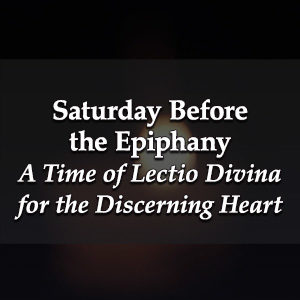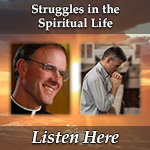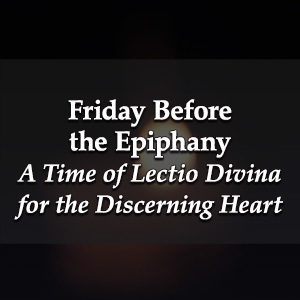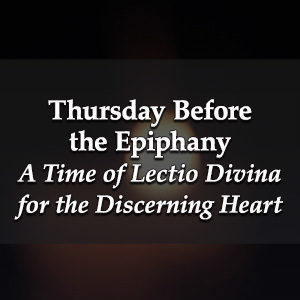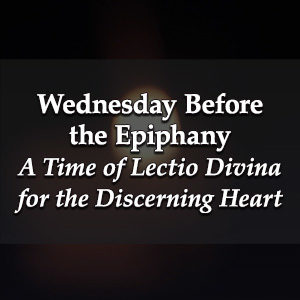Podcast: Play in new window | Download (Duration: 31:16 — 21.6MB) | Embed
Subscribe: Apple Podcasts | Spotify | Amazon Music | Android | Pandora | iHeartRadio | JioSaavn | Podchaser | Gaana | Podcast Index | Email | TuneIn | Deezer | Anghami | RSS | More

Who Are We? Wrestling with God – The School of Prayer: Reflections on the teachings of Pope Benedict XVI
Jacob wrestling with Angel. The mystery of the name. We have to let God ask us who we are or will you resist and remain isolated? Our prayer is only going to be fruitful if we surrender ourselves to the question…who are you? Like Jacob, once we give over our name then God can begin to transfigure that name, or in other words, our persons to be more inline with His will, His love, His power. Eventually, in prayer, we have to enter into the struggle…what is really going on in our souls, in our hearts and are our wrestling with God’s love. We yield our identity to God’s love.
The wounding of Jacob by the Angel. It is the symbol of the wound, the opening of the self, which symbolizes an entryway to vulnerability…God is deeply affecting us. God’s love, concern, and fascination with us is how He enters into our being and “wounds” us. If we could “be still” and allow Him to love us, He becomes victorious within us.
The name we yield to God is our heart…the core of our being. At Baptism, we give over our name, so we give the power over to God over us. How the “wrestling occurs” and if we stay in it long enough God “wounds” us, into His hands we commend our “spirits”. How does Jesus transform even this event?
Deacon James Keating, Ph.D., is a professor of Spiritual Theology and serves as a spiritual director at Kenrick Glennon Seminary in St. Louis, MO.
From Pope Benedict’s 4 audience on prayer:
Dear brothers and sisters, our entire lives are like this long night of struggle and prayer, spent in desiring and asking for God’s blessing, which cannot be grabbed or won through our own strength but must be received with humility from him as a gratuitous gift that ultimately allows us to recognize the Lord’s face. And when this happens, our entire reality changes; we receive a new name and God’s blessing. And, what is more: Jacob, who receives a new name, and becomes Israel, also gives a new name to the place where he wrestled with God, where he prayed; he renames it Penuel, which means: “The Face of God”. With this name he recognizes that this place is filled with the Lord’s presence, making that land sacred and thus leaving a memorial of that mysterious encounter with God. Whoever allows himself to be blessed by God, who abandons himself to God, who permits himself to be transformed by God, renders a blessing to the world. May the Lord help us to fight the good fight of the faith (cf. 1 Tim 6:12; 2 Tim 4:7) and to ask, in prayer, for his blessing, that he may renew us in the expectation of beholding his Face. Thank you.
For more episodes visit: The School of Prayer: Reflections on the teachings of Pope Benedict XVI


